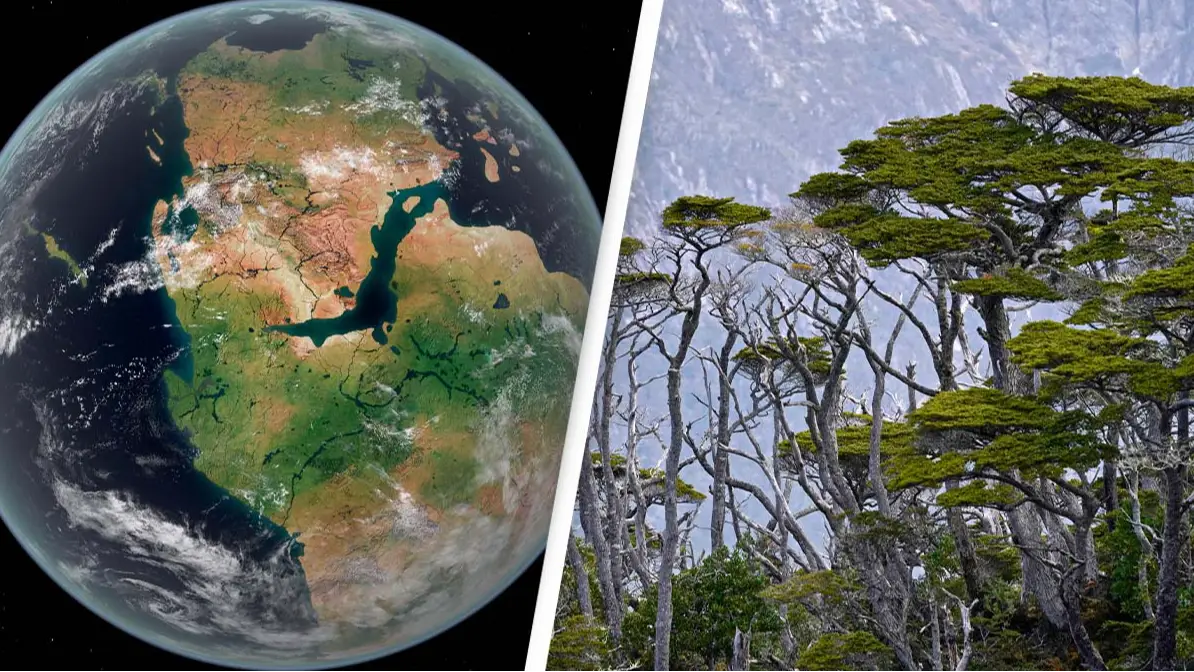
If you planned to live for a couple hundred million years, scientists have revealed a new super continent is forming, and it will be inhabitable for mammals.
A new study published by scientists in Nature Geoscience has indicated that a new super continent is forming, similar to that of Pangea almost 300 million years ago.

But there is a slew of bad news that comes with this revelation of Earth’s next super continent, Pangea Ultima.
Advert
The new supercontinent will mean that most land mass won’t have access to a nearby ocean. A hotter sun and increased volcanic carbon dioxide emissions means that temperatures will skyrocket.
Temperatures are predicted to be around 50 Celsius and 65 Celsius during an average summer.
And even if you think you could handle the heat, it is suspected to get so hot that most plant life won’t be able to survive, meaning little to no food which doesn’t bode well either.
While there is expected to be some areas more habitable, the surviving species will be put in fierce competition for remaining resources.
One of the authors behind the study, Alexander Farnsworth, a paleoclimatologist at the University of Bristol and his co-authors have likened this to a mass extinction event for most mammals across the world.
“When you see a supercontinent forming, it predisposes the environment or the climate to become more fragile for species, more towards these tipping points that can push big extinction events to occur,” he said.

The study has even suggested that the continent will be so hot and humid mammals - humans included - would not be able to sweat, meaning no body temperature regulation.
“When it's too humid, it's too difficult for humans to sweat," Farnsworth added.
"If we can't sweat, we can't remove that internal body heat, and we keep getting hotter and hotter, cooking our own organs, essentially."
The study itself highlights how mammals have proven to be very resilient in multiple climates for millions of years, but could not survive on Pangea Ultima.
“Mammals’ success has seen habitation of nearly every terrestrial biome, encompassing periods of large climatic fluctuations and mass extinctions, showing resilience to climate change,” the study stated.
“Although mammals are resilient to temperature fluctuations, thermal tolerances are invariant across latitudes, elevation and phylogeny, showing that physiological constraints exist where survivability is limited.”
Tough luck all around for anyone that survives the 200-300 million years needed to see Pangea Ultima.
Topics: News, Science, World News, Education